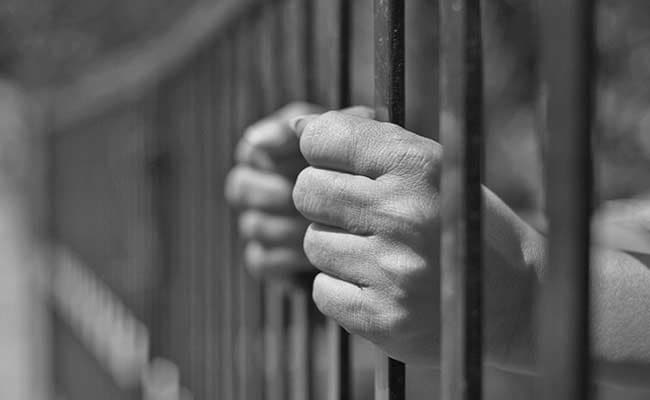
Hong Kong unveiled a proposed law on Wednesday to punish anyone who disrespects the Chinese national anthem with up to three years in jail, as Beijing ramps up pressure on the semi-autonomous city to fall into line.
The bill, which will have its first reading in the city's parliament on January 23, sets up a fresh battle between authorities and democracy activists who say the financial hub's freedoms are being steadily dismantled.
Hong Kong has mulled the law ever since China fine-tuned legislation on the proper way and place to sing the anthem, tightening rules that already bar people from performing it at parties, weddings and funerals.
A draft bill made public on Wednesday showed that the city planned to copy the mainland by bringing in a maximum three year prison sentence for "serious" cases of disrespect towards the national anthem.
The draft outlaws playing the anthem "in a distorted or disrespectful way, with intent to insult." It also forbids altering the anthem's lyrics and its score. As well as possible jail time, offenders will also face fines of up to HK$50,000 ($6,000).
Patrick Nip, secretary for constitutional and mainland affairs, told reporters the law would "preserve the dignity of the national anthem and promote respect".
Defiant Hong Kong football fans have booed the anthem at matches for years. Fans have also previously turned their backs and displayed Hong Kong independence banners during matches as some activists call for the city to split with the mainland, a notion that infuriates Beijing.
The draft bill cited the difficulty of identifying culprits in a crowd of football supporters as one of the reasons police will be given double the amount of time in one year to investigate a non-indictable offence.
The bill also ramps up how often China's national anthem will be played at official events, including at the inauguration of new judges.
That may raise eyebrows given Hong Kong's legal system is separate from the mainland under the 1997 handover agreement with Britain designed to guarantee the city's liberties for 50 years.
Critics, including a growing number of British lawmakers, accuse China of reneging on that agreement.
They cite a variety of moves targeting the city's freedom of expression, including a raft of jailings of democracy activists, the disqualification of rebel lawmakers and an unprecedented move last year to outlaw a small political party that advocated independence on national security grounds.
Authorities also refused to renew the visa of a Financial Times journalist after he chaired a talk at a press club with the leader of that party before the ban.
The law is expected to pass with few changes as it only needs a simple majority in the city's legislature, which is heavily weighted towards the pro-Beijing establishment.
Hong Kong authorities deny freedoms are stuttering in the city. Instead they say their moves targeting independence activists are allowed under the provisions in the handover agreement covering national security.
(Except for the headline, this story has not been edited by NDTV staff and is published from a syndicated feed.)
Track Latest News Live on NDTV.com and get news updates from India and around the world

